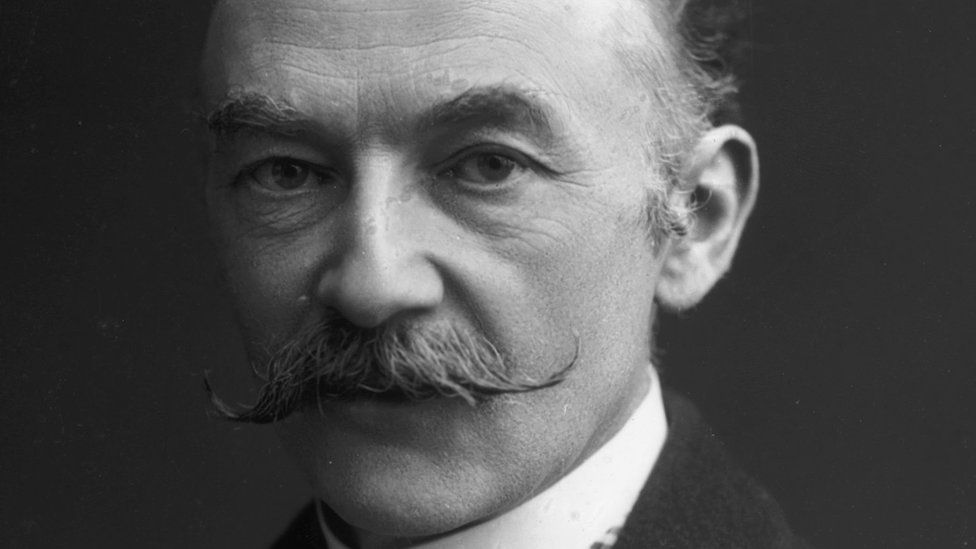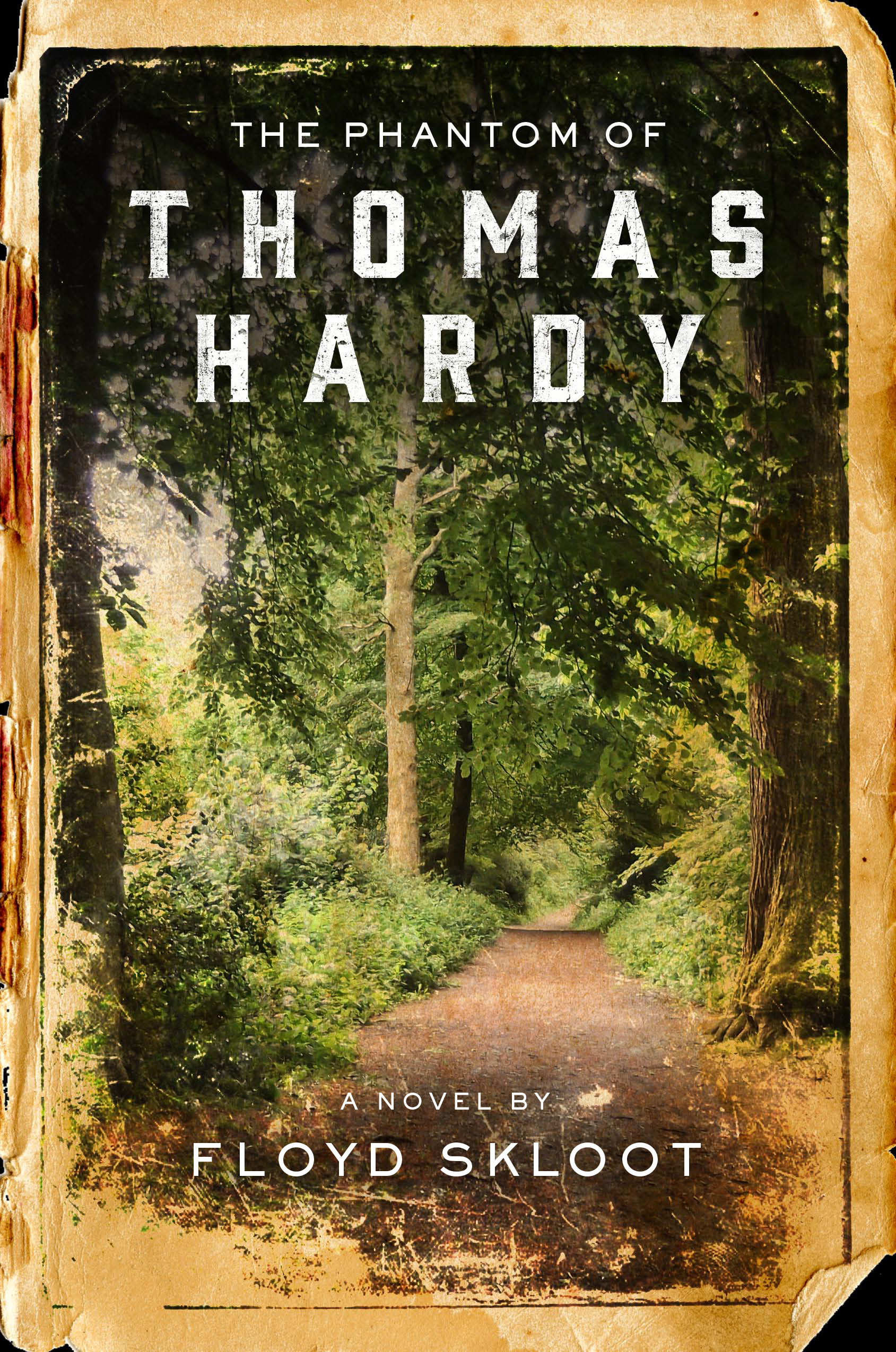

Hardy was constantly trying to find a way out of his isolated dilemma, constantly trying to find a value to which he could cling in a world of accident, chance, and meaningless indifference. Hardy was more akin to another romantic figure, Samuel Taylor Coleridge’s Ancient Mariner, who, having experienced the nightmarish chaos of a world without meaning or value, can never fully get back into an ordered world again.

The difference between Hardy and other nineteenth century artists who experienced similar loss of belief is that while others were able to achieve a measure of faith- William Wordsworth reaffirmed an organic concept of nature and of the creative mind that can penetrate it, and Thomas Carlyle finally came to a similar affirmation of nature as alive and progressive- Hardy never made such an affirmative leap to transcendent value. What is often called Hardy’s philosophy can be summed up by one of his earliest notebook entries in 1865: “The world does not despise us it only neglects us.” An interpretation of any of Hardy’s novels must begin with this assumption. Consequently, when he moved to London in his twenties and was exposed to the concept of a demythologized religion in the Essays and Reviews and the valueless nonteleological world of Charles Darwin’s On the Origin of Species by Means of Natural Selection: Or, The Preservation of Favoured Races in the Struggle for Life (1859), the loss of his childhood god was a traumatic experience. In his childhood recollections he appears as an extremely sensitive boy who attended church so regularly that he knew the service by heart and who firmly believed in a personal and just God who ruled the universe and took cognizance of the situation of humanity.

The impact of this loss on Hardy cannot be overestimated. It is a critical commonplace that at the beginning of his literary career Hardy experienced a loss of belief in a divinely ordered universe. Thomas Hardy (1840 – 1928), in both philosophical attitude and artistic technique, firmly belongs in this modern tradition. In The Courage to Be (1952), Paul Tillich asserts that “the decisive event which underlies the search for meaning and the despair of it in the twentieth century is the loss of God in the nineteenth century.” Most critics of the literature of the nineteenth century have accepted this notion and have established a new perspective for studying the period by demonstrating that what is now referred to as the “modern situation” or the “modern artistic dilemma” actually began with the breakup of a value-ordered universe in the Romantic period.


 0 kommentar(er)
0 kommentar(er)
